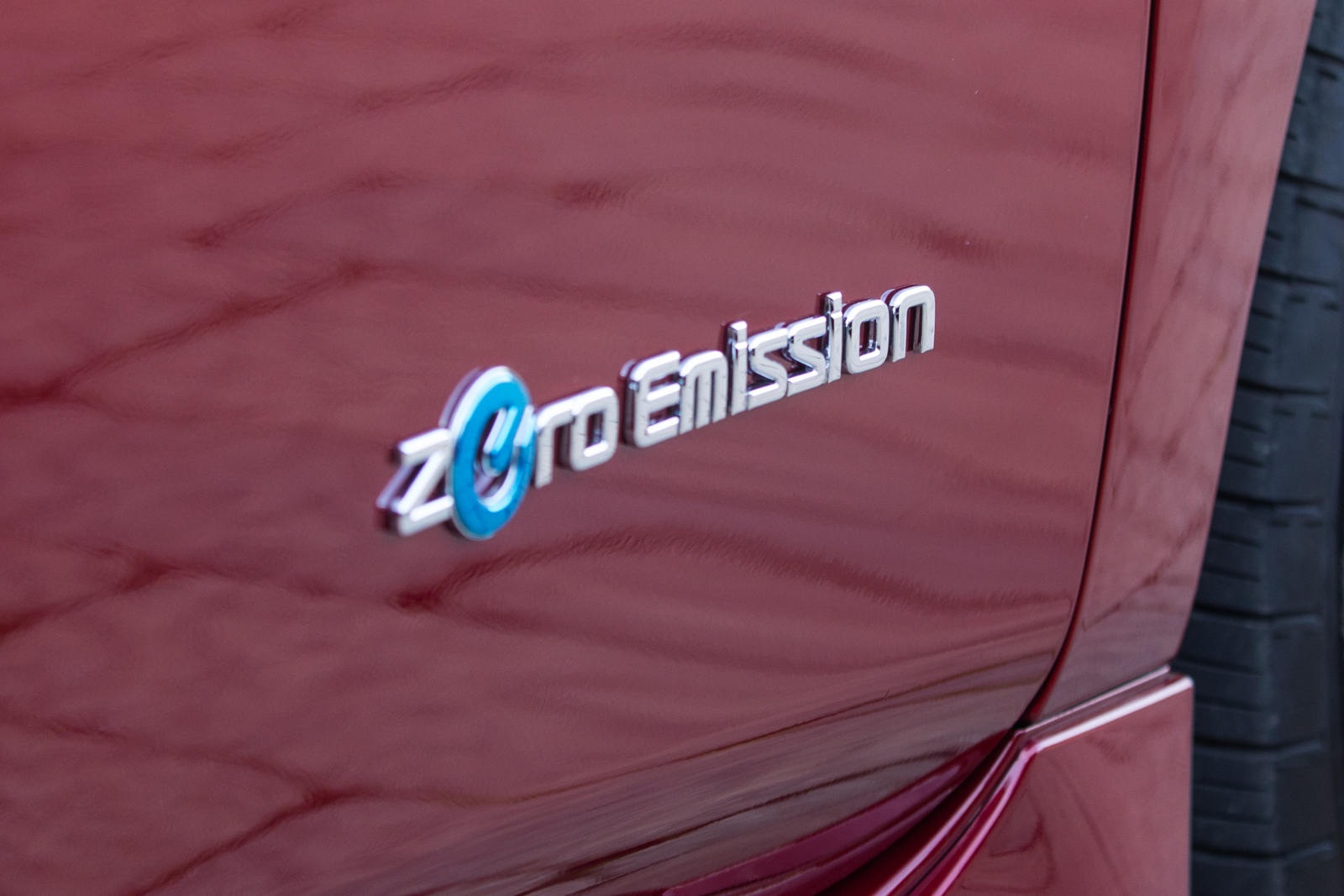Thinking about buying an electric car but unsure about what you need to know? Then this article is for you! This handy guide gives you all the help you’ll need to get your new electric vehicle out on the open road.
Why choose electric?
Electric cars are great for the environment as they produce no emissions, but other benefits are also. Electric cars feature better acceleration and shorter braking times than petrol or diesel alternatives, meaning they’re more fun to drive. As they’re lighter than normal cars, they also offer better handling. Finally, because electric engines are so simple and require fewer moving parts than petrol or diesel engines, the overall running costs of an electric car will be lower.
Do your research
Before you leap into a dealership and sign on the dotted line, take some time to do your research. It’s really easy to search the internet and find the best deals, and it’s always a good idea to look at the best electric car salary sacrifice scheme to make purchasing an EV more affordable. The more informed you are about what electric cars have to offer, the better able you’ll be to make the best-informed decision about which model best suits your needs.
Additionally, it’s important to debunk usual electric car myths that might misinform your decision-making process. Myths like “electric cars have limited range” or “charging infrastructure is inadequate” should be addressed with accurate information to make a well-informed choice.
Consider what features are most important to you, such as how many miles per hour your car can do or whether it matters that your local speed limits go over 70mph. How much boot space does your family need? How often will you need to charge your car, and where can you do that? Will any of these things change over time?
It’s important to consider these questions and ask which make and model best suits your needs.
Set your budget
Electric cars aren’t necessarily more expensive than petrol or diesel alternatives, but they are expensive to buy in the first place. So before you start researching different models, set yourself a budget and work out how much you can afford to spend on your car. You can also consider buying second-hand or opting for an EV salary sacrifice, which involves a modest lease payment deduction from your monthly salary.
You’ll also have to factor in costs that will come later down the line. For example, repairs. These can be incredibly expensive, so it’s important to consider how best to pay for them. The benefits of a car repair loan from companies like OneMain Financial versus paying out of pocket include reserving your cash for other expenses while still being able to get your car fixed now. Consider this option when thinking about how much you’ll spend on keeping your electric car on the road.
Have a test drive
Once you’ve found the electric car that best fits your needs, it’s time to take it for a test drive.
Even if you know very little about cars, don’t be afraid to ask the dealer lots of questions during your test drive. For example, ask how long the battery will last before recharging and how long it will take to recharge. Ensure the dealer also explains anything else you need to know about the car – such as whether all four of its wheels are powered by the engine. This is important if you have a hilly property or live somewhere particularly windy!
Invest in a home charger
If you have a garage or driveway, investing in a home charger can be a great way to recharge your electric car while you sleep. If the garage isn’t already wired for this, it may be possible to add an additional room with power sockets so you can plug in overnight. In addition, having your own charger should save you money on recharging at public charging points.
Sort your tax
Always check local and federal tax for vehicles and see which brackets your new electric vehicle will fit into. If you buy a second-hand electric car or a new one that qualifies for a tax credit, make sure to keep the receipts so you can offset your costs.
Find some charging ports near you
Electric car charging points are cropping up all over the place. So if you’re planning to buy an electric car (or e-bike), check where local charging ports are and whether they’re free or if there will be a charge for using them. This is incredibly important when it comes to long journeys outside of major cities – you don’t want your car to run out of juice halfway between your house and the place you want to visit!Electric cars are becoming more common on the roads, and it’s easy to see why. They’re cheaper to run and kinder to the environment. It’s easy to find models that suit your needs, whether you live in a hilly area or have lots of kids who need space to sit. Make sure you set yourself a budget before buying, so you don’t overspend! After that, it’s a matter of finding the model that best fits your lifestyle.


